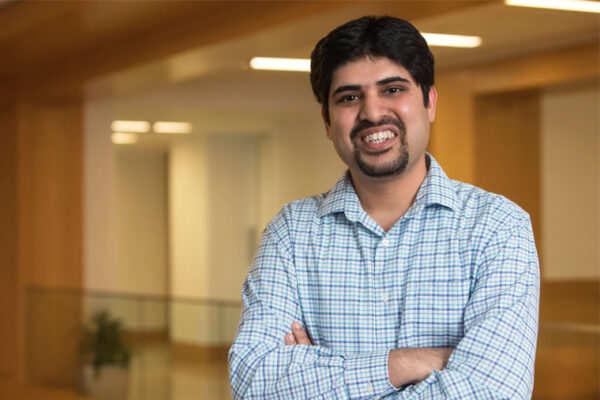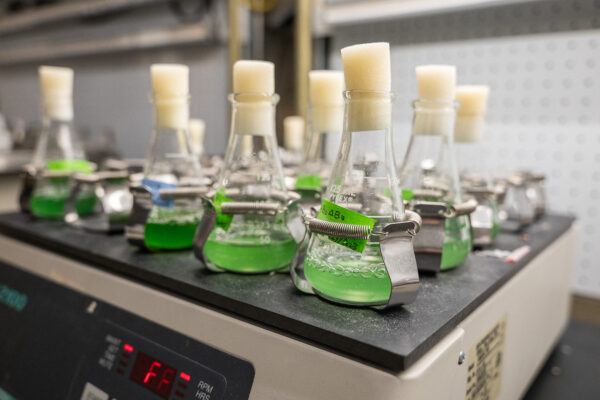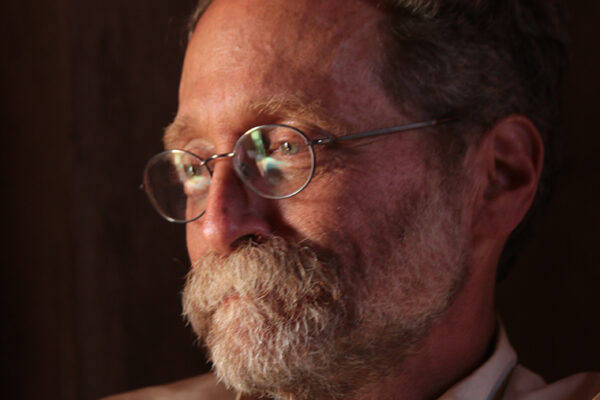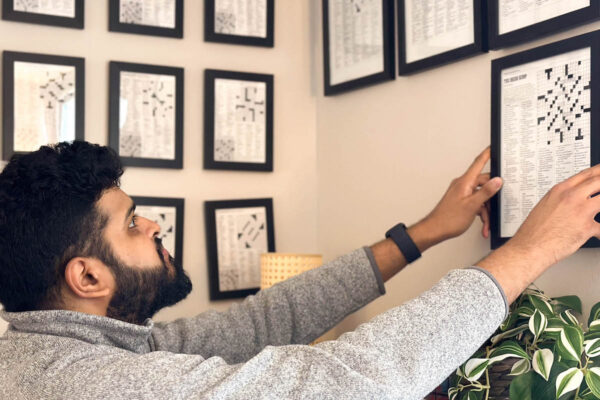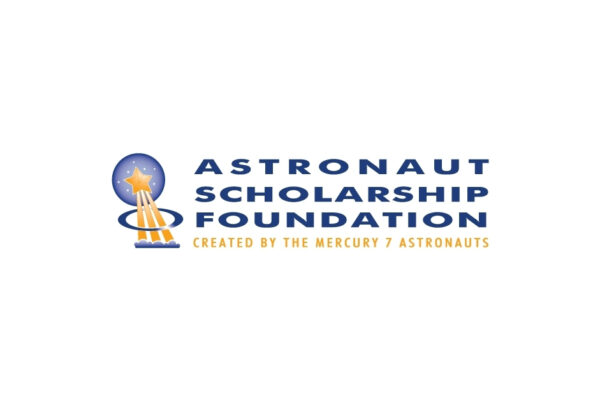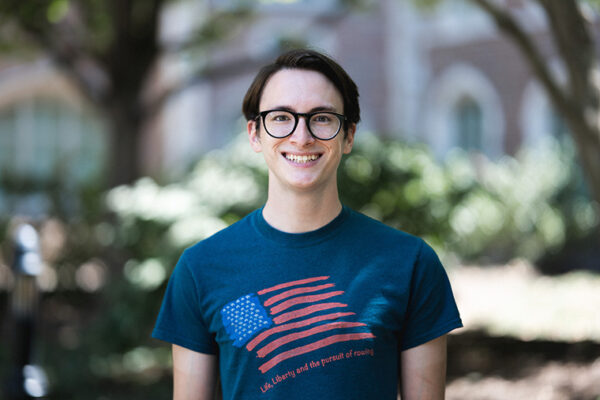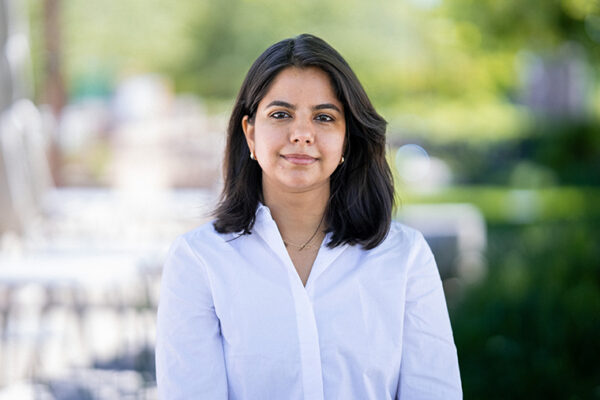Researchers develop improved techniques for medical imaging
Biomedical engineer Abhinav Jha, an assistant professor at the McKelvey School of Engineering and of radiology at the School of Medicine, both at Washington University in St. Louis, has published two papers recently related to improving imaging methods for medical applications.
Internal clock helps cyanobacteria sustain life on this planet
Most organisms on this planet rely on a circadian clock to function properly. New research published by biologists in Arts & Sciences investigates how an internal clock helps nitrogen-fixing cyanobacteria accommodate seemingly conflicting processes within a single cell.
Stan H. Braude, professor of practice in Arts & Sciences, 62
Stan Braude, a professor of practice in biology and in environmental studies in Arts & Sciences, died at home June 1, 2024. Braude was the first curator of the university’s arboretum and a world expert on naked mole-rat ecology, evolution and behavior in the wild.
Uncovering ‘the basis of humanity’ one puzzle at a time
For WashU MD/PhD student Sid Sivakumar, studying the brain is like constructing a crossword puzzle. Conveniently, he does both. He crafts puzzles for The New York Times, Washington Post — and now, the Record.
Collado named an Astronaut Scholar
Tomás Collado, a rising senior studying mechanical engineering at the McKelvey School of Engineering, has been named an Astronaut Scholar, one of the nation’s most prestigious STEM fellowships.
New machine learning method can better predict spine surgery outcomes
Researchers at Washington University in St. Louis combine artificial intelligence and mobile health data to better predict recovery from lumbar spine surgery.
Physics student Brodie selected for prestigious DOE program
Liam Brodie, a graduate student working with Mark Alford, a professor of physics in Arts & Sciences at Washington University in St. Louis, has been selected to participate in the Department of Energy’s Office of Science Graduate Student Research Program.
WashU theorists help advance nuclear physics research at DOE facility
Physicists in Arts & Sciences are helping to shape the theoretical framework behind exciting new experiments at the Facility for Rare Isotope Beams.
Kapoor selected for Lindau Nobel Laureate conference
Yashika Kapoor, a postdoctoral fellow in physics from Arts & Sciences, will attend the 73rd annual Lindau Nobel Laureate Meeting in Germany. The event is a globally recognized forum for exchange between Nobel laureates and young scientists.
Chakrabarty, collaborators win Simons Foundation International grant for geoengineering
Scientists at the McKelvey School of Engineering at Washington University in St. Louis will explore stratospheric aerosol injection with a $1.5 million grant from the Simons Foundation International.
Older Stories
